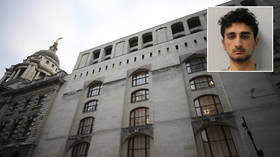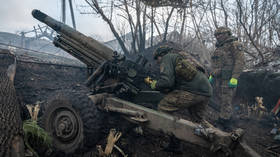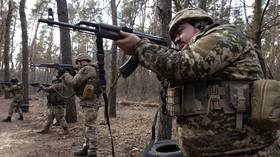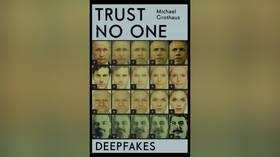Witches executed 300 years ago to be posthumously pardoned
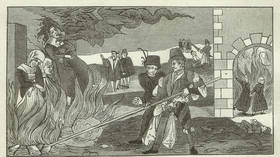
Thousands of people, mostly women and girls, who were accused of witchcraft in Scotland hundreds of years ago are set to be pardoned following a two-year long campaign by the Witches of Scotland activist group.
The women’s alleged crimes were reportedly as varied as causing hangovers to meeting with the Devil — and more than half of those accused under the Witchcraft Act between 1563 and 1736 were executed. According to estimates cited by the Sunday Times, some 85% of the victims were female.
Scottish First Minister Nicola Sturgeon’s administration has reportedly backed a bill proposed in parliament which calls on the government to posthumously clear the victims’ names. The likely pardon comes after a two-year long campaign led by a group named ‘Witches of Scotland’.
Activists Claire Mitchell QC and Zoe Venditozzi launched a petition on International Women’s Day 2020, demanding that the authorities pardon, apologize, and memorialize those killed as witches in Scotland. On September 1, a parliamentary committee agreed to pass the issue on to the Scottish government.
The bill granting the pardon could be passed as early as summer 2022, according to media reports. Natalie Don, a Scottish National Party lawmaker, told the Sunday Times that it was right that “this wrong should be righted, that these people who were criminalised, mostly women, should be pardoned.”
Religion and superstition-fueled witch-hunts were not unique to Scotland, with similar practices seen in west Germany, France, northern Italy, and Switzerland, and what would later become the US. Tens of thousands of women accused of witchcraft were burned at the stake or hanged over a span of several centuries.
And while in the West, the prosecution of witches ceased by the late 18th century, elsewhere in the world witchcraft is still considered a crime. Saudi Arabia, for example, established an anti-witchcraft unit in 2009 and accused women have even been put to death. Similarly, the Central African Republic doles out extremely harsh punishments to those accused of being witches.
